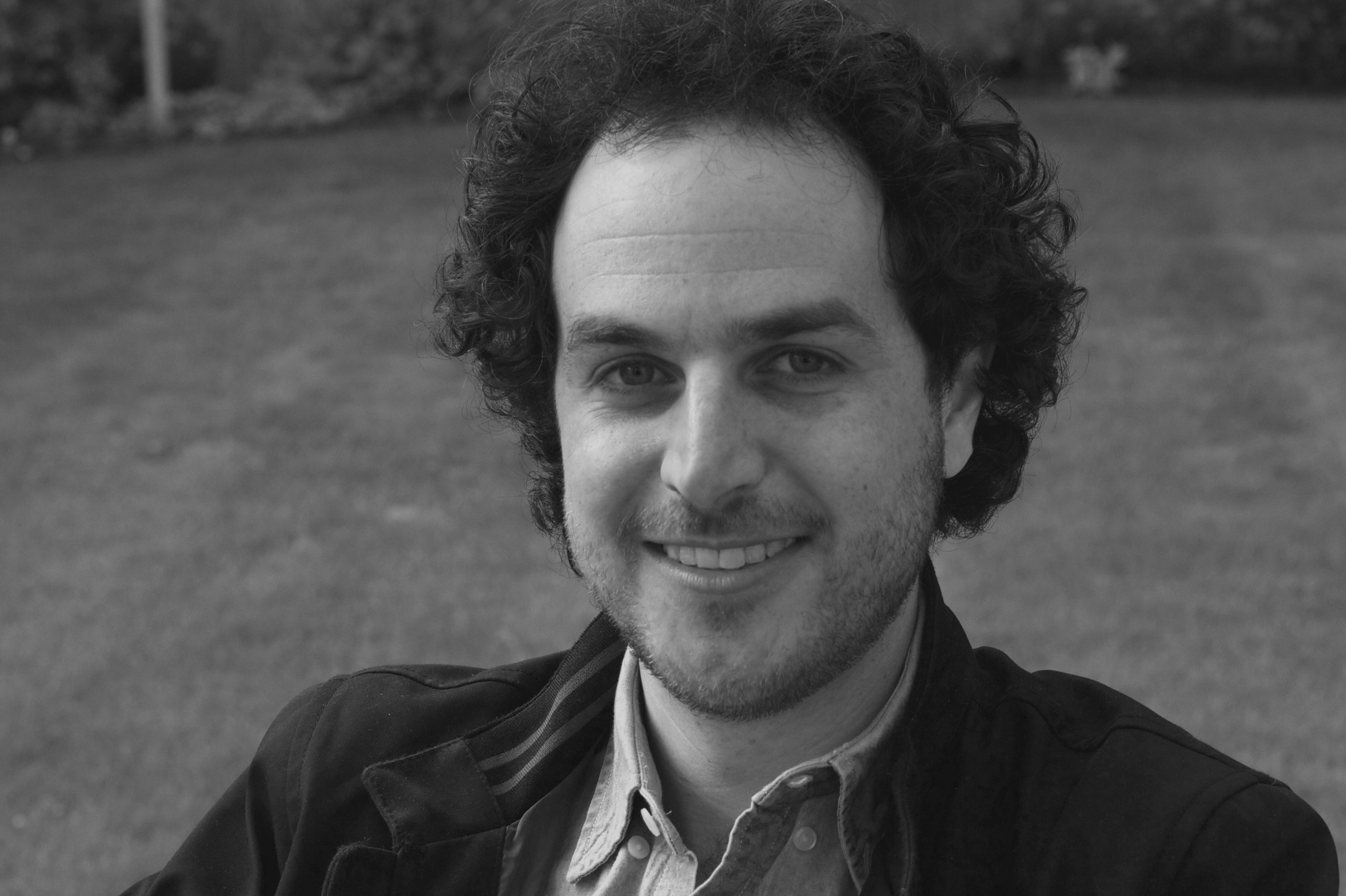Todd Portnowitz is a poet and translator from the Italian, and the recipient of the 2015 Raiziss/de Palchi Fellowship from the Academy of American Poets which allowed him to translate the work of Pierluigi Cappello (featured in the Asymptote Winter 2015 issue). In this interview, he converses with our Educational Arm Assistant, Anna Aresi, about how his love for language and music converge in the writing of poetry and how speaking a foreign language can make you a better poet.
The following interview was conducted via email and over Skype.
Anna Aresi (AA): You work as a translator, poet, editor, and musician. I was wondering how all these are related for you, especially if and how your work as a musician affects your writing.
Todd Portnowitz (TP): My sense of music determines my syntax, where I choose to break a line, what vocabulary I use—sometimes I grope for a word by its syllable count or shape. This is particularly useful in translations of poetry, where a definite syntax and vocabulary are already there before me in the original text and hunting for the right words and rhythms is the central activity. Writing poems, translating poems, editing poems—all are an art of decision making, and music best informs those decisions. What a writer has read of others’ work, her knowledge of cultures, histories, languages, politics, family, love, death, faith, all of that comes to a terminus in the language, the sequence of words chosen—music best reflects the sum of that knowledge in verse.
Apollo could slay/flay on the lyre for good reason. Not every poet has to also be a musician, but a poet with an untrained ear, with no cultivated sense of phrasing or meter, is like a basketball player who has never practiced dribbling: able to shoot, but immobile.
AA: What sparked your interest for Italian literature? What has your journey been like?
TP: My interest in Italian literature began with an interest in the Italian language. I took Italian 101 my sophomore year of college, and the language made immediate sense to me, most of all the pronunciation: the purity and regularity of the vowels, the value of every consonant on the page (penne [pens] is by no means pene [penis]). I was writing songs and singing for a band at the time and Italian expanded my cultural knowledge, my linguistic knowledge (in English as well, because of the Latin roots), my historical knowledge—all of which helped with lyric writing—while also challenging my vocal abilities, cleaning up my vowels, forcing me to roll my r’s and make whatever you want to call the sound that “gn” makes (as in gnocchi). It was fun, in other words. After a study-abroad in Italy, the decision to stick with Italian got easier. I got a minor in Italian and took as many classes as I could. When I graduated, the department named me Italian Graduate of the Year—one of those awards that might look banal on a CV but that has since determined the course of my life. Maybe this is what I’m best at, I started thinking. READ MORE…

